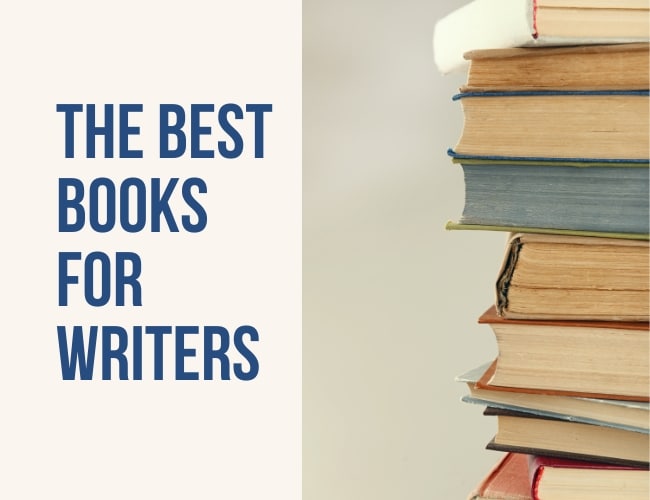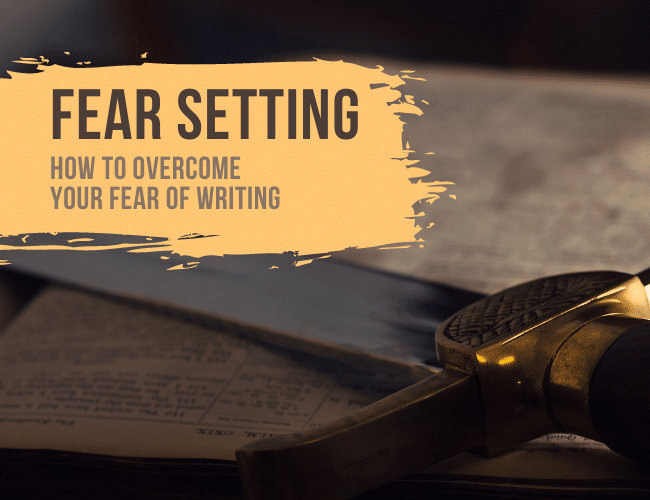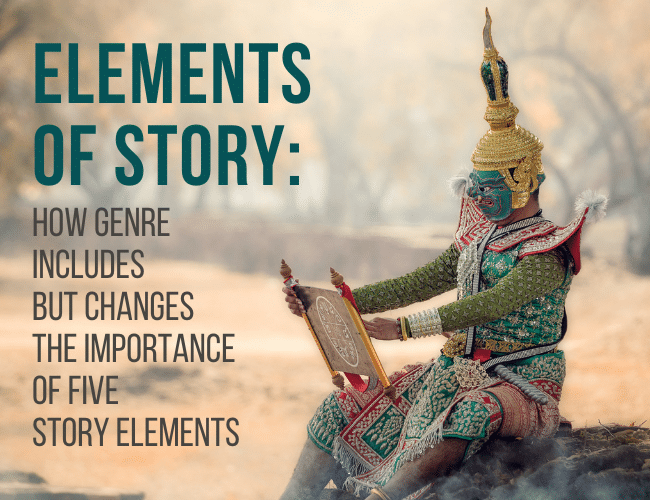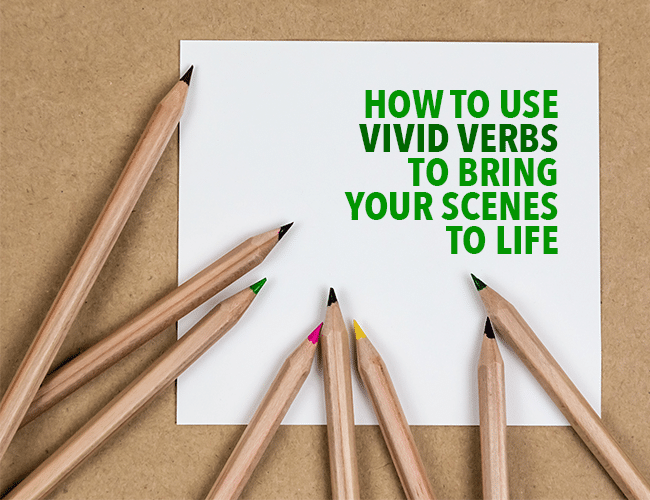
Over 70 of the Best Books For Writers (2026)
Looking for a book to take your writing skills to the next level? Today we’ve rounded up the best books for writers. See if your favorite book made the list!

Looking for a book to take your writing skills to the next level? Today we’ve rounded up the best books for writers. See if your favorite book made the list!

If you’re not finishing your writing, it’s because of fear. Fear is far more influential than we like to think. We like to believe that we’re not succumbing to fears because we are good at goal-setting, or perhaps we stick to a writing schedule of some kind.
Yet fear is insidious. It is subtle. It speaks with voices you can’t hear, and unless you weed those voices from your psyche, they will forever impede your writing dreams.
Here’s how to overcome your fears and finish your writing with confidence!

Have you ever wondered how the elements of story impact your book’s genre? Do some elements of story have greater importance in a book because of the book’s genre?
I can think of several times when I’ve gone to a restaurant and taking the time to slowly chew my food, so I can experience how each of my senses is impacted by the food: from taste to smell to sight.
The level of importance the elements of story have on genre isn’t so different. We all have certain tastes—factors that appeal to us in different ways on our taste buds—and it’s the same with our reading preferences. I came to understand this in a profound way when I worked for our local library system, which I’d like to share with you today.
Readers crave certain “flavors” and genre helps them define what they like and discover more of it.
How the five elements of story vary in level of importance because of the genre may impact your perspective—and in a good way, for writers trying to satisfy their target readers!

Want to write good dialogue? Then you’ve got to break the rules.
When you and I talk, we sometimes break the rules of grammar. (I know, it’s a shock, but it’s true.) To write good dialogue, it’s not so much that we are breaking the rules, per se, it’s just that there are rules for dialogue that trump grammatical dogma.

Have you ever felt your writing is flat, despite how many beautiful words you use? You might be overusing adjectives and adverbs. Luckily, there is an easy fix—use vivid verbs instead.
Although you might instinctively think adjectives will improve your description, strong verbs actually do a better job at electrifying your creative writing.
In this post, you can learn a two-step process to improve your writing skills, and start implementing these tips with a little help from a list of vivid verbs.

Nonfiction writing seems like a completely different bear than writing fiction. How do you gather your ideas and present them in a coherent, interesting way? And if someone else has written on the same topic before, should you even bother?
In today’s article, Leslie Malin gives us some great insight into how she came around to writing her first nonfiction book and the lessons she had to learn along the way. And she reminds us that writing nonfiction requires some of the same skills as writing fiction: storytelling.